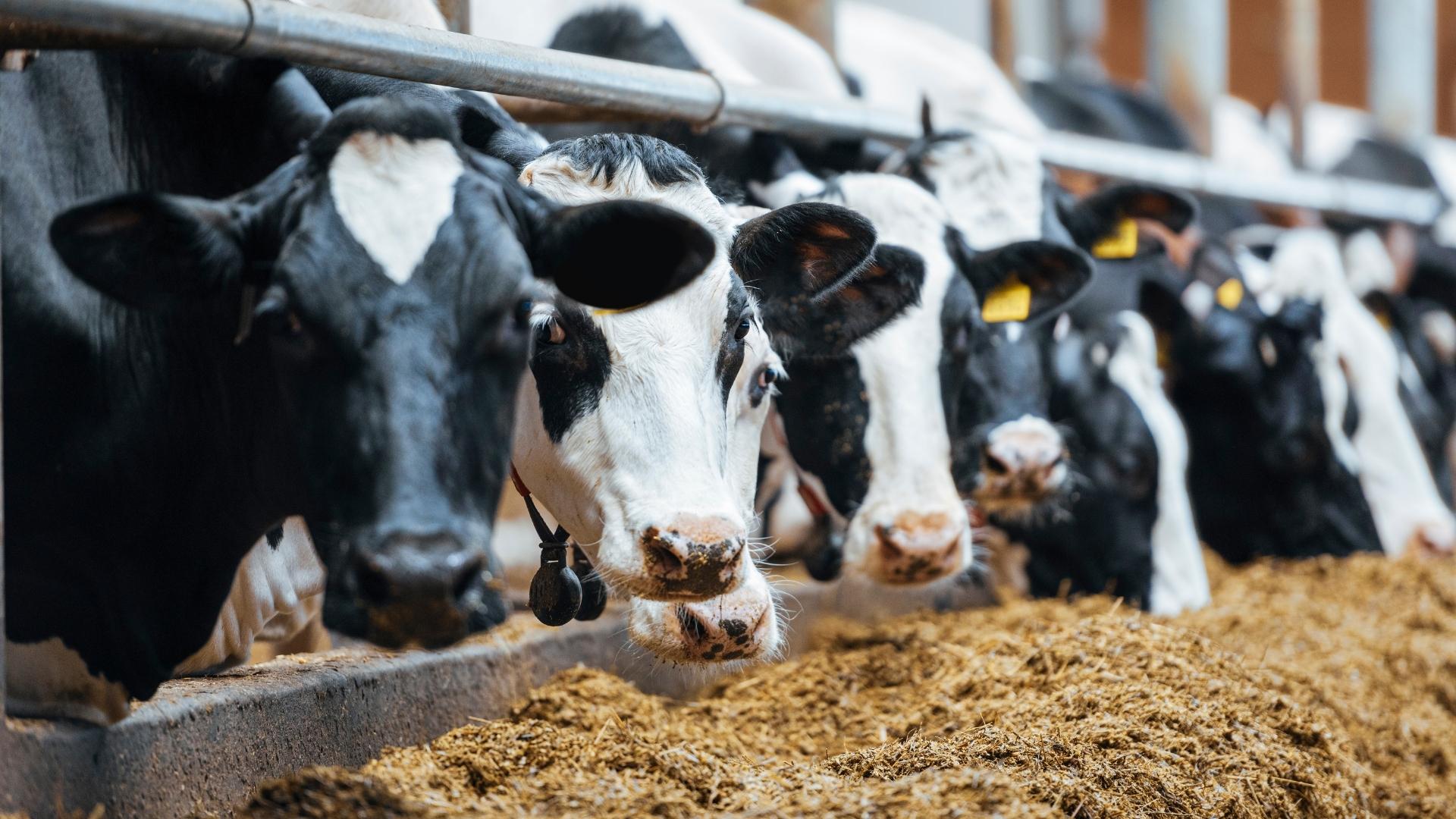Caring for animals is a central concern in Jewish text and thought. Here are some of the most common questions we get. (Have a question you don’t see here? Contact us and we’ll add it to the list!)
What about humane meat? / Isn’t kosher meat humane?
Unfortunately, claims of “humane” practices in raising animals to slaughter are not legally defined or enforced. With 99% of all animal products originating from factory farms, which are known for their misery and cruelty to both nonhuman animals and human workers, it’s simply unrealistic to believe their claims of ethical treatment—especially when companies like Tyson, which claims “excellence in animal welfare,” has stated in court that their claims are “merely opinions, predictions, and aspirations at best” and that “no reasonable consumer will rely upon [them].”
Regarding kosher meat, which comes from the same factory farms as above, see this post.
What’s the problem with eggs and dairy?
Animals in the egg and dairy industries suffer horribly for their excretions. Milk-producing cows are forcibly impregnated year after year, have their babies removed from them immediately upon giving birth, and then are hooked up continually to machines to have their milk extracted. They often cry for days and weeks longing for their babies. The female-assigned babies are taken to be introduced to the same cycle, and the male-assigned babies are often thrown away into big piles where they eventually suffocate and starve to death, or they are locked into tiny crates where they can’t stand to become veal. When their ability to produce dairy ends, dairy cows are slaughtered by the meat industry.
Chickens in the egg industry are subject to having their beaks amputated with no anesthesia and are confined to crowded and horrible indoor pens, where they have no room to move or to participate in their normal behavior. Both species are given hormones so that they can grow quickly in unnatural ways, which causes them to have bodies that are unnaturally and constantly in pain.
What if I raise my own chickens or buy eggs from a neighbor?
There are major barriers to raising chickens on one’s own, including local laws, lack of veterinary treatment, predators, and especially risk of zoonotic (animal-transmitted) disease. Even without these issues, however, it is still unfortunately impossible to fully escape the industrialized animal agriculture system where 99% of all animal products come from. The chicks, after all, have to be bought from somewhere. And virtually all egg-laying hens nowadays have been bred to over-produce eggs—over 300 a year, as compared to the 15 a year that their ancestors lay—which causes them major health issues such as osteoporosis.
Furthermore, chickens are sociable, loving, intelligent birds, and they know that their eggs are where their babies come from. They’re naturally protective of them and distressed when they are taken. That’s why we have a specific Torah law, shiluach haken, about not taking eggs from a nest while the mother bird is there. Isn’t it kindest not to take them at all?
What about animal sacrifice?
See our post on animal sacrifice.
Why are some of Judaism’s most common ritual objects made from animal products?
See our post on Jewish ritual objects.
Do animals have souls?
See our post on whether animals have souls.
Weren’t we given dominion over animals?
Dominion does not mean that we have the right to conquer and exploit animals. Immediately after God gave people dominion over animals (Genesis 1:26), God prohibited their use for food (Genesis 1:29). Dominion means guardianship or stewardship—being co-workers with God in taking care of and improving the world (Shabbat 119; Sanhedrin 7).
The Talmud interprets “dominion” as the privilege of using animals for labor only (Sanhedrin 59b). It is extremely doubtful that the concept of dominion permits breeding animals and treating them as machines designed solely to meet our needs. Rav Kook stated that dominion does not imply the rule of a tyrannical ruler who cruelly governs in order to satisfy personal desires. He also indicated that he cannot believe that such a repulsive form of servitude could be forever sealed in the world of God whose “tender mercies are over all His work” (Psalm 145:9).
Rabbi Hirsch stressed that people have not been given the right or the power to have everything subservient to them. In commenting on Genesis 1:26, he stated, “The earth and its creatures may have other relationships of which we are ignorant, in which they serve their own purpose.” Hence, people, according to Judaism, do not have an unlimited right to use and abuse animals and other parts of nature.
Commenting on Genesis 1:26, Rashi stated: “If a person is found worthy, he has dominion over the animals. If he is not found worthy, he becomes subservient before them, and the animals rule over him.”
What is the Jewish view of hunting?
The rabbis strongly disapproved of hunting as a sport (Encyclopedia Judaica 8:1111). A Jew is permitted to capture fish, flesh, or fowl only for purposes of human food or another essential human need, but to destroy an animal for “sport,” fashion, or vanity constitutes wanton destruction and is to be condemned. Based on the statement “not to stand in the way of sinners” (Ps. 1:1), the Talmud prohibits association with hunters (Avodah Zorah 18b). A query was addressed to Rabbi Ezekiel Landau (1713-93) by a man wishing to know if he could hunt in his large estate, which included forests and fields. The response stated:
“In the Torah the sport of hunting in imputed only to fierce characters like Nimrod and Esau, never to any of the patriarchs and their descendants…. I cannot comprehend how a Jew could even dream of killing animals merely for the pleasure of hunting…. When the act of killing is prompted by that of sport, it is downright cruelty.”
—Yoraah De’ah, 2nd Series, 10
